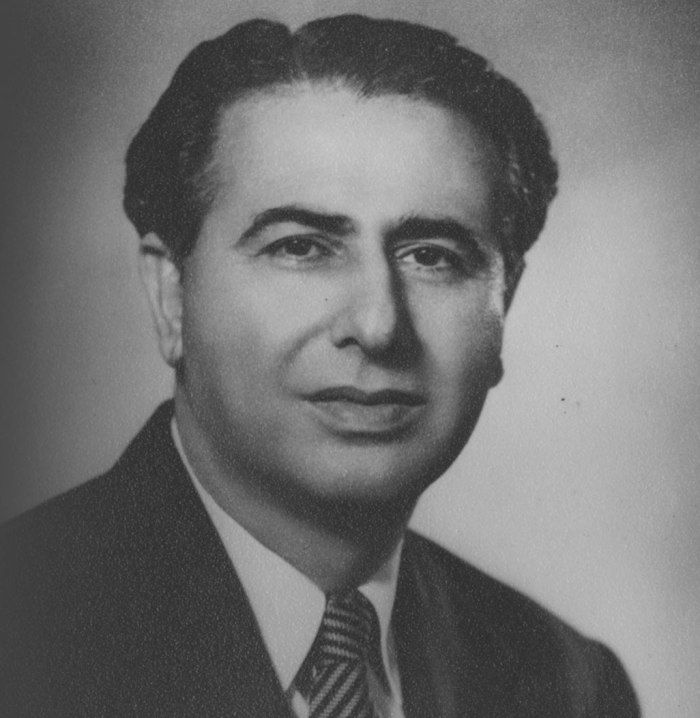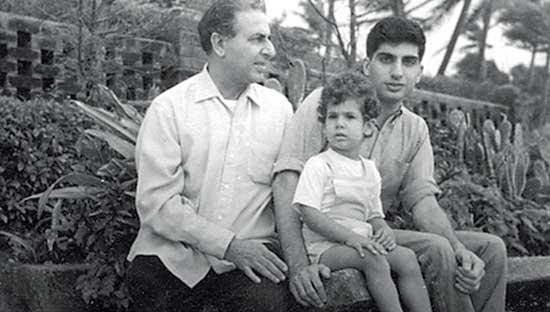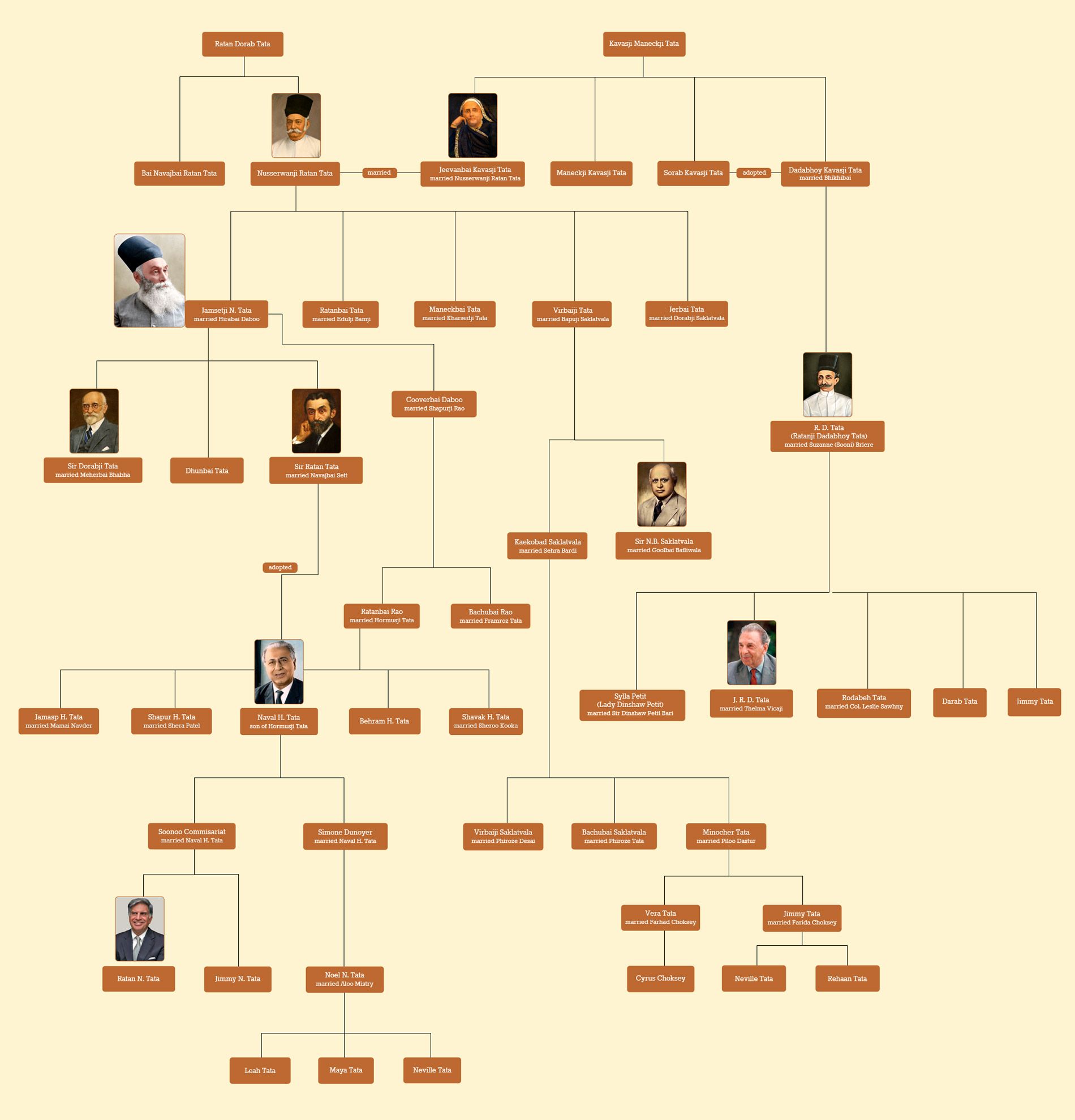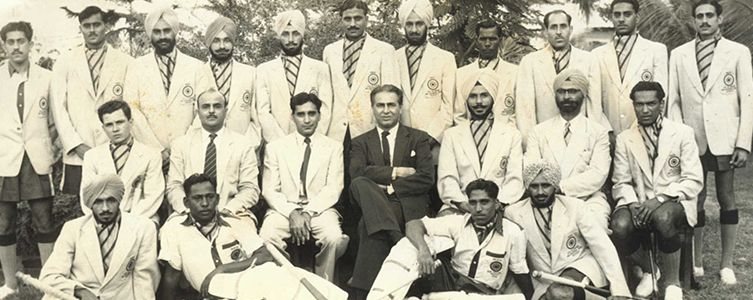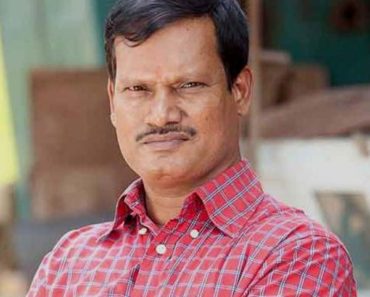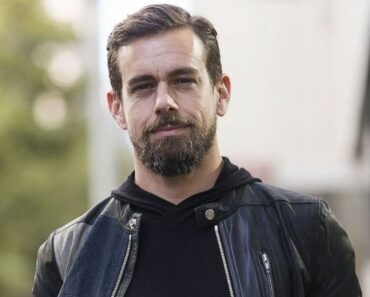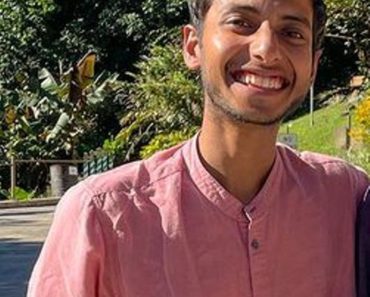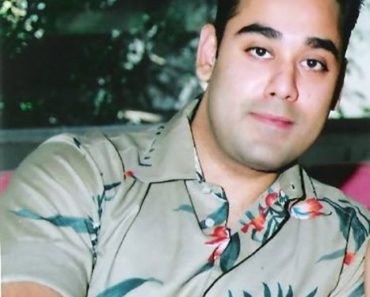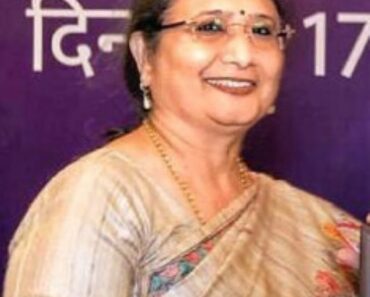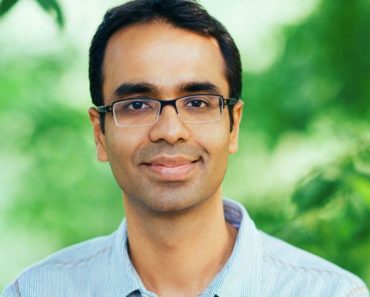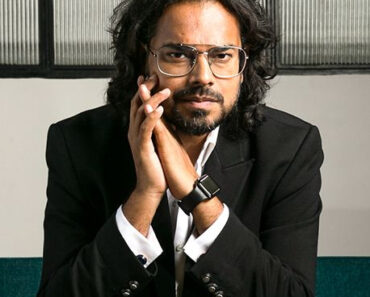Naval Tata was an Indian businessman who made significant contributions to the growth of the Tata Group. He was a sports lover, a philosopher of labour relations, and a true leader. Naval was one of the Tata Titans, just like J.R.D. Tata. He was also a good communicator who could instantly connect with workers and become friends with people of all classes and backgrounds. [1]Tata
Contents
Wiki/Biography
Naval Tata was born on Tuesday, 30 August 1904 (age 26 years; at the time of death) in Surat, Gujarat. He was born in a middle-class family, and his father was a spinning master at the Advanced Mills in Ahmedabad. He was just four when his father died in 1908. In the same year, his family shifted to Navsari, Gujarat. His mother used to earn money doing embroidery work. To support the family, he was sent to J.N. Petit Parsi Orphanage. After the death of Ratanji Tata in 1918 in England, Dorabji Tata headed a family meeting, and since Ratanji had no children, it was decided to adopt a son for the Uthamna ceremony of Ratan Ji. Navajbai Tata (the wife of Ratan Ji Tata) abided by the family decision and adopted Naval Tata. [2]Tata Central Archives Naval Tata once spoke about his adoption and said,
She played the role of Fairy Godmother for which I shall ever be grateful to her” [3]Tata Central Archives
After his adoption, he pursued a bachelor’s degree in Economics at the University of Bombay, and later, he went to England for pursuing a course in Accountancy.
Family
Naval belonged to a Paris family and was adopted by Navajbai Tata.
Parents & Siblings
He was an adopted son to Ratan Ji Tata and Navjbai Tata as the couple had no children.
Wife & Children
Naval Tata married Sooni Commissariat, and they had two children named Ratan and Jimmy Tata. The couple separated in the mid-1940s. Later, Naval fell in love with Simone Dunoyer and got married to her in 1955. In 1957, Naval’s third son, Noel Tata, was born. [4]Tata Central Archives
Family Tree
Click here to know more about the Tata family.
Career
After returning to India on 1 June 1930, he joined Tata’s family business. In 1932, he earned the secretary position in Tata Aviation. He invested all his energy in the family business, and in 1939, he was appointed as the Joint Managing Director of all Tata’s Textile Mills. Soon, he became the Director of Tata Sons on 1 February 1941, and later, graced the position of Deputy Chairman. After that, he became the chairman of Tata Mills and three of Tata’s Electric Companies. [5]Tata Central Archives Under his leadership, the Tata Power witnessed significant growth with increased capacity and reach. [6]TATA He also made his position on the board of directors of some other companies. Apart from his contribution to the Tata Group, he also worked as a director of the Bank of Baroda.
Serving multiple organisations
He was a businessman who made a significant contribution to society and worked with many public institutions. He devoted a lot of his time to educational, social, and welfare activities. He served as the chairman at Sir Ratan Tata Trust and Indian Cancer Society. He was a member of the Indian Institue of Science and a trustee of Tata’s philanthropic bodies. He became the Vice-Chairman, International Organization of Employers, Geneva and remained at this position for 38 years. [7]Tata Since 1946, he remained associated with the International Labour Organization for over three decades. He also attended multiple sessions of the ILO General Conference and Industrial committee. He also represented the Indian Employers at various national and international conferences and attended meetings of the International Chamber of Commerce. UNIDO and International Management Association. [8]Tata Central Archives
Love for Sports
Naval Tata deeply loved sports and made significant contributions to the development of sports in the country. He served as the president of the Indian Hockey Federation and directed it for 17 years. In 1958, he created the first floodlit hockey ground in India. He was the President of the Indian Council of Sports when the country achieved three Olympic victories. India participated in its first Olympics in London (1948), and that is when Naval Tata personally met Jawaharlal Nehru and convinced him to take the country’s players ahead. As a result, India secured gold in London Olympics. This victory was followed by two more victories at Melbourne and Helsinki. [9]Tata He was also president of the Employers Federation of India. In 1966, he was appointed as a member of the National Commission on Labour by the Indian Government.
Awards, Honours, Achievements
- He became the receiver of Sir Jehangir Ghandy Medal for Industrial Peace in 1968.
- In 1969, he was honoured with Padma Bhushan Award by the President of India.
- He was granted life membership of the National Institute of Personnel Management.
- He was the first president of the Indian Council of Sports. [10]Tata Central Archives
Death
Naval Ji Tata died after battling cancer on 5th May 1989 in Bombay.
Memorials
- In 1999, a book was published in his memories. This book was a collection of his letters, speeches, and writings.
- Since 1992, the National Institute of Personnel Management has been organising the Naval Tata Memorial Lecture every year in his memory.
- In 2004, The Century of Trust exhibition was organised by the Tata Group in the memory of Tata Group’s founders Jamsetji Tata, JRD Tata, and Naval Tata.
- In 2014, the Employers’ Federation of India came up with the Naval Tata Institute of Training in Industrial Relations as his memorial.
- To honour him, The Sports Management Department of the Indian Institute of Social Welfare and Business Management was renamed as The Naval Tata Centre of Excellence in Sports Management.
Facts/Trivia
- In 1971, he tried his luck in politics and stood in elections as an independent candidate for Lok Sabha elections of 1971 but didn’t win. [11]Tata
- He held a record of being elected as a member of the International Labour Organization sixteen times.

